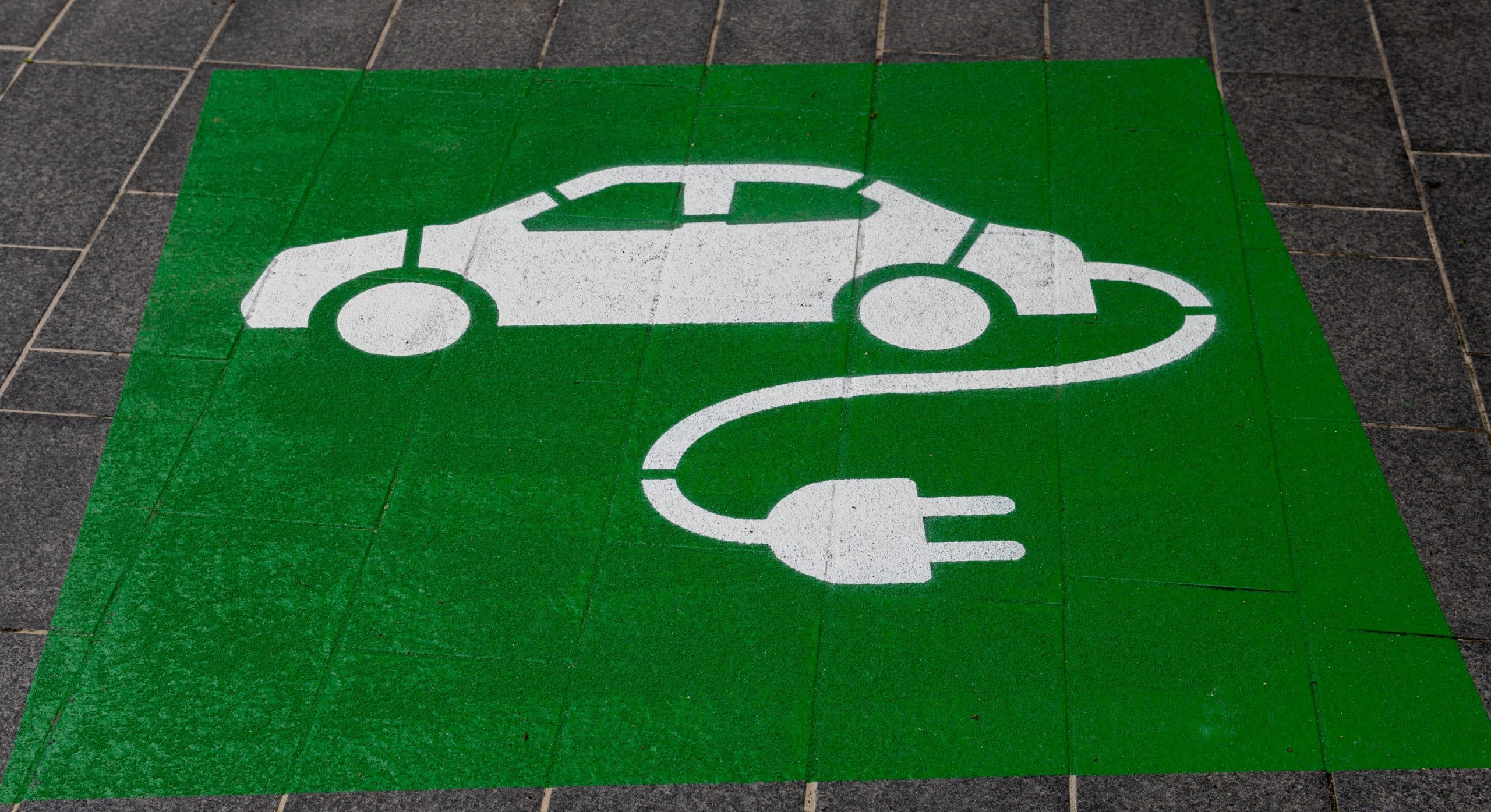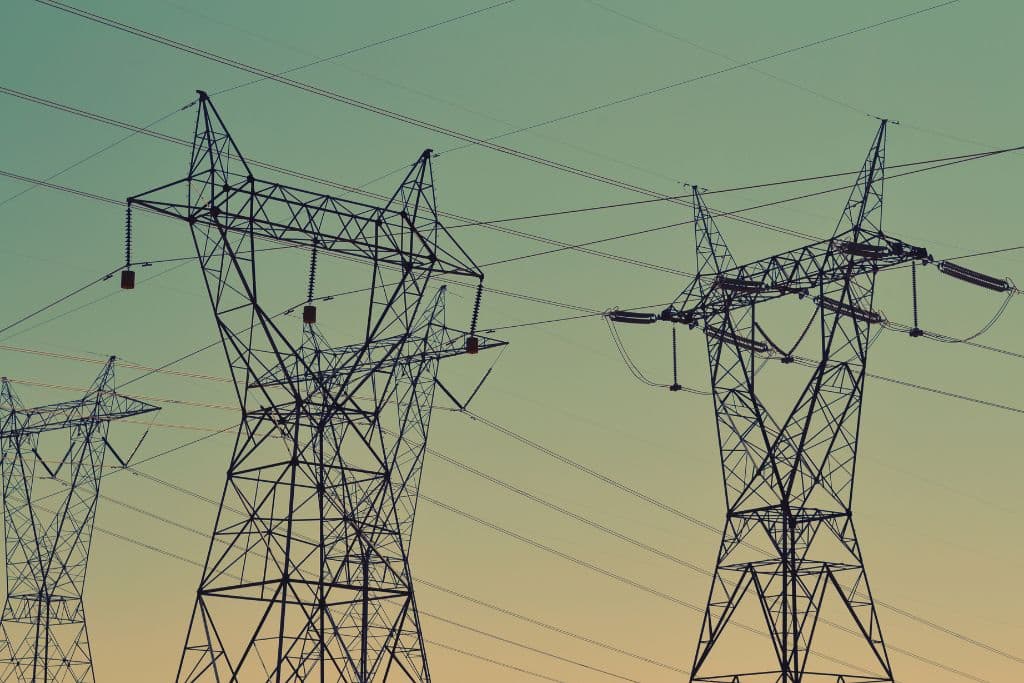Global efforts to reverse climate change are impressive. People around the world are making great strides toward reducing global emissions, eliminating single-use plastic items, and educating the public about sustainability. However, fossil fuels, one of the top causes of carbon emissions in the atmosphere, remain a very challenging and controversial topic. Do we have alternatives and, most importantly, will we ever be able to go without fossil fuels? We might be closer than you think.
—
The Green Transition: Progress So Far
In just a few decades’ time, humanity has made huge progress in facilitating and speeding up the transition to a more sustainable, cleaner future. Though fossil fuels still play a huge role in most countries around the world, alternative options are becoming increasingly available.
1. Automotive Fuels
Fossil fuels make up 81% of the Earth’s energy supply. As valuable as they are, they are non-renewable sources that significantly contribute to climate change. Fortunately, growing pressure from scientists and environmentalists to reduce and eliminate the use of fossil fuels is having a huge impact.
Manufacturers are focusing on developing vehicles that run on alternative fuel sources, and we now have many alternatives to choose from, including the following:
- Biodiesel: A fuel made from vegetable oils.
- Renewable diesel: Source produced from biomass.
- Ethanol: Fuel made from corn.
- Propane: A clean-burning gas.
- Natural gas: Abundant low-emission fuel.
- Electricity: Energy that doesn’t release fumes into the air.
- Hydrogen: An emissions-free fuel source from domestic sources.
With millions of vehicles on the road daily, these fuels can significantly reduce the number of greenhouse gases entering the atmosphere.
2. Green Aviation
Sustainable aviation fuel (SAF) is a game-changing advancement in the industry. It is produced from non-petroleum feedstocks like woody biomass, fats, oils, and municipal solid waste. While not yet able to fuel planes, SAF is already used by producers for up to half of their supply.
SAF also fuels the aviation industry’s efforts to go net zero by 2050. Advancements in technology make switching to it the sole or primary fuel source for air travel.
You might also like: 4 Sustainable Aviation Fuel Companies Leading the Way to Net-Zero Flying
3. Fuels in Development
There are many alternative fuels in development that researchers hope will help reduce the number of fossil fuels contributing to climate change.
-
Biobutanol: It comes from the same feedstocks as ethanol, has a higher energy content, lower Reid vapour pressure (RVP), and is immiscible in water.
-
Dimethyl Ether: This fuel is a synthetic alternative to diesel. It can eliminate particulate emissions in semi-trucks.
-
Renewable Gasoline: Renewable gas comes from various biological, thermal, and chemical sources as powerful as petroleum.
Electricity
It is impossible to discuss eliminating fossil fuels without discussing the implications of growing electricity consumption.
According to the US Energy Information Administration (EIA), energy use in the country has steadily increased by 4 trillion kilowatt hours since 1950. As electricity became more accessible, it began replacing fossil fuels.
While traditional methods of generating electricity cause significant carbon emissions, renewable sources such as wind, water, and solar offer cleaner options. Education and lowering prices make these clean energy sources easier to obtain and better alternatives to traditional fuels.
Electric vehicles – which produce zero tailpipe emissions – are taking over the automotive industry. A growing number of charging stations worldwide is reducing the need for hybrid vehicles, which could mean that we might reach a world without emissions from road travel at some point in the future.
The UN’s Global Electric Mobility Programme focuses on increasing the use of electric vehicles in 50 low and middle-income countries. Though the safe and sustainable construction of lithium-ion batteries is a work in progress, the positive impact of phasing out fossil fuels is undeniable.
You might also like: Why Electric Cars Are Better for the Environment
The Challenges We Face
As society moves towards a world without fossil fuels, there are some obstacles that are responsible for slowing down progress in achieving sustainable energy.
1. Cost
One barrier to reducing fossil fuels is the cost of developing clean-burning and low-emission energy sources.
Hydrogen is touted as a potential low-emission energy source. However, producing this fuel requires huge quantities of water and energy. To make the fuel cheaper, some scientists propose pulling the element from the air. Doing so is extremely expensive – currently more than $200 per ton.
Nuclear fusion is an energy source researchers have waited to explore for decades. Nuclear has the potential to be an unlimited source of low-carbon energy but the cost is a significant obstacle. The International Nuclear Engineering Project originally estimated the cost of introducing the energy source to be around US$6.5 billion, however, newer estimates put the price nearer $24 billion.
You might also like: A ‘Breakthrough’ In Nuclear Fusion: What Does It Mean for the Future of Energy Generation?
2. Environmental Impact
Another issue we face in trying to completely eliminating fossil fuels from the equation is the climate impact of producing and using alternative fuel sources.
While fossil fuels have an undeniably catastrophic impact on the environment, some argue that using many alternatives is simply putting a bandaid on the greater problem. For example, geo-engineering manipulates the atmosphere to reduce carbon and reflect back solar radiation. While it could reduce global warming, many scientists believe it would not reduce the number of emissions entering the atmosphere.
Though using electricity as fuel does not directly pollute the air, it still adds to one’s carbon footprint. Manufacturing electric car batteries still generates a significant amount of emissions that scientists are working to reduce.

Photo by Michael Marais on Unsplash.
3. Access
Because green fuels can be limited and expensive, it is often hard to make them readily available and accessible for a large part of society. In some cases, fossil fuels are cheaper to the average consumer than alternative options.
However, with newer technology and a mass deployment of cleaner fuels, the prices are likely to keep decreasing and eventually be much more accessible than conventional sources. Education and funding are key to increasing the demand for alternative fuels. Many clean fuels rely on government and private funds, though most funds are still directed to petroleum, with trillions of dollars destined to subsidising fossil fuels each year.
Instead, we should focus on improving access to raw materials and shifting energy subsidies to more sustainable sources.
3 Reasons for Phasing Out Fossil Fuels
Besides halting and reversing global warming, there are many other reasons why eliminating fossil fuels has become so crucial.
1. Human Health
Greenhouse gas emissions have devastating effects on human health. Pollution can lead to respiratory problems for many people, including asthma and chronic obstructive pulmonary disease (COPD).
Toxic emissions, combined with increasing temperatures, limit access to clean water, forcing global populations of low socioeconomic status to drink and use dirty water. Doing so can result in illnesses like cholera, diarrhoea, and hepatitis A. Restricted water access also contributes to food insecurity, making nutritious food hard to grow and unaffordable.
The World Health Organization (WHO) predicts that between 2030 and 2050, there will be an additional 250,000 deaths from malnutrition, malaria, diarrhoea, and heat stress.
2. Endangered Ecosystems
The scientific community expects global temperatures to increase by about 2C by 2050. While it might seem like a small difference, the impact on ecosystems and human life would be catastrophic.
Rising temperatures reduce the geographical range of many habitats, increasing the number of invasive species and the amount of severe weather events. These changes are endangering nature, including trees, coral, and many animal species.
3. The Global Economy
According to the World Economic Forum (WEF), climate change could wipe out 18% of global gross domestic product (GDP) by 2050, thanks to increased temperatures and severe weather. If nations fail to meet their carbon reduction goals, shifts in global temperatures will impact agriculture, infrastructure, and many other industries.
The Swiss Re Institute’s Climate Economics Index shows no country is safe from the economic impacts. However, societies with fewer resources will likely see those impacts sooner.
You might also like: US Extreme Weather in 2023 Caused 18 Climate Disasters and Damages for $165bn
Running Out of Fuel
Fossil fuels are called non-renewable resources for a reason. At the current consumption rate, we will run out of fossil fuels within the next century. More specifically, according to research from Stanford University’s Millennium Alliance for Humanity and the Biosphere, the Earth only has 30 years of oil, 40 years of gas, and 70 years of coal left.
With advancing research, there is hope for a more sustainable future without the need for these fuels.
Entering a World Without Fossil Fuels
Though there are still challenges, innovations in fuel production are paving the way for a future where humans do not rely on unsustainable, planet-warming fuels. As long as we continue working towards mitigating climate change through alternative energy sources, we will soon be able to power the world exclusively through renewable energy.
You might also like: Renewables Will Dominate World’s Electricity Demand Through 2025, IEA Report Says

















